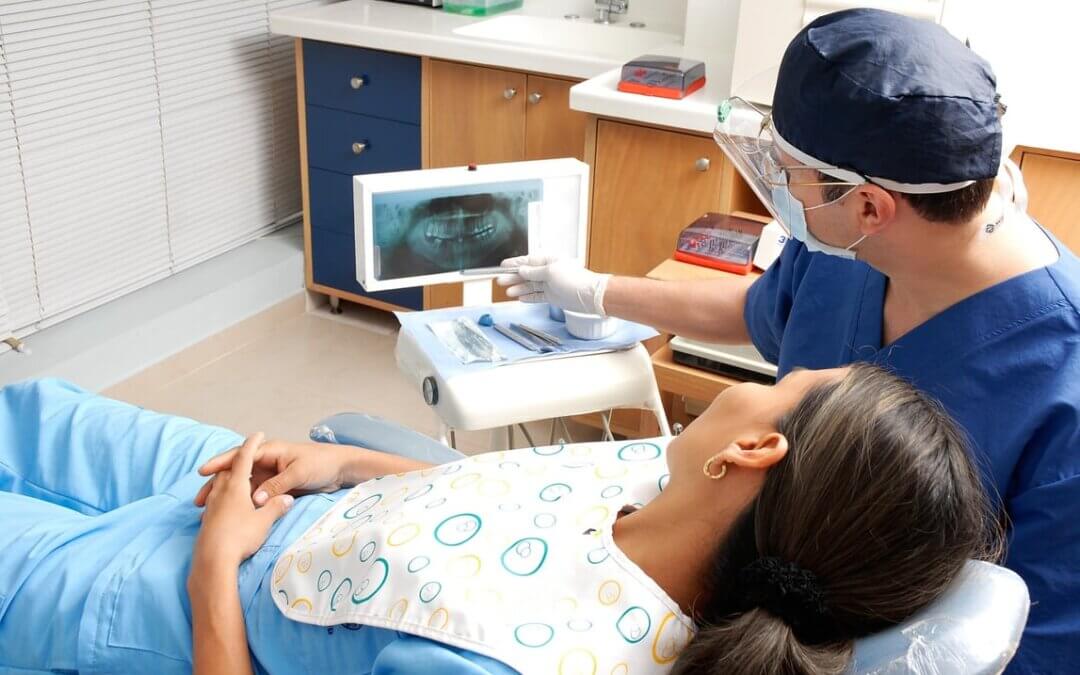Did you know that you might not need to get a crown if you have a chipped tooth? Instead, you may only need to go through a dental bonding procedure. Dental bonding is quite a simple procedure, especially when compared to dental crowns and other dental treatments.
This is not to mention dental bonding is usually quite affordable as well. But what is this dental procedure, and how might it help your chipped tooth? How durable are there results, and how good will the bonding look?
Keep reading and learn more about dental bonding and how it is one of the best chipped tooth solutions out there.
What You Need to Know About Your Chipped Tooth
Having a chipped tooth is never good, especially if the chip is quite severe. There are many reasons why your tooth may become chipped or cracked. Many people who play sports end up with chipped teeth because they often sustain trauma to the mouth.
You may also be susceptible to this kind of tooth damage if you don’t take very good care of your teeth. Tooth enamel is one of the strongest substances in the human body, but even so, it could still end up damaged if you’re not careful. For example, if you consume a lot of acidic substances such as orange juice, your enamel will become soft and more susceptible to damage.
This is also true if you have tooth decay.
Understanding Chipped Teeth
Tooth decay happens when certain bacteria in your mouth produce acid when you don’t brush your teeth. After a while, this acid will eat away at your enamel and make it thinner than usual.
In this case, your teeth will become more sensitive, and the enamel will be much more likely to crack or chip. A chipped tooth is a particularly serious problem if a large part of your tooth broke off. This is because the sharp edge of your tooth can cut into your tongue or gums.
Besides that, your dental nerves may be exposed. In some cases, you may be able to salvage your chipped tooth by holding onto the broken part of the tooth and putting it in a glass of milk while you go to the dentist. Milk is rich in calcium which will keep the chip alive.
If this is successful, your dentist may be able to reattach the tooth. However, there are some cases in which you will instead need to try another kind of chipped tooth treatment, such as dental bonding.
What Is Dental Bonding Exactly?
Dental bonding involves the use of composite resin to repair teeth. Composite resin is a material designed to match the color of your teeth. For that reason, once the dental bonding procedure is done, no one will even be able to tell that you had your teeth bonded in the first place.
Composite resin is quite sturdy, but it isn’t invincible. It is still susceptible to chipping and cracking if you don’t take care of it. In a way, you will have to take care of your bonded teeth as you would your real teeth.
The dental bonding procedure is quite simple and fast. To start, your dentist will choose a shade of composite resin that most closely resembles the shade of your natural teeth. Your dentist will then need to roughen the surface of your chipped tooth with a special tool.
This is important because if the tooth doesn’t have a rough surface, the composite resin will have a hard time sticking to the tooth.
The Dental Bonding Procedure
Besides roughening the tooth, your dentist will also apply a special liquid to make it even easier for the dental bond to stick. From there, your dentist will then start to apply the composite resin.
The resin will be in the form of a thick gel. Your dentist will be able to smooth and shape this gel in whatever way he sees fit. That way, the dental bond will very closely resemble the shape of your real tooth, and the result will be very realistic.
The dentist will then shine a special light over the composite resin to help it harden. During this time, the dentist will still be able to make some fine adjustments to the shape of the dental bond. Once the resin has hardened, your dentist will polish and sand it to make sure that it looks good and fits well in your mouth.
Taking Care of Your Dental Bonds
Having bonded teeth is no excuse to skip out on regular dental care. Once you get your teeth bonded, there are certain things you should avoid to keep your bonds in good shape. For example, you should avoid eating any hard foods such as nuts or ice.
Hard substances can easily chip the composite resin. If that happens, you’ll have to go and get your teeth bonded again. You will also want to make sure that you brush your teeth.
This is important because it will keep the dental bonds (and the rest of your teeth) from getting discolored. This is especially important if you often drink dark substances such as coffee or red wine. As long as you do all this, your dental bonds should be in great shape for many years to come.
Chipped Tooth Solutions
If you have a chipped tooth, you don’t need to worry about it. Dental bonding is an easy way to fix this problem. It is affordable, durable, and the results are quite realistic.
If you want to know more about dental procedures, don’t hesitate to contact us here.

